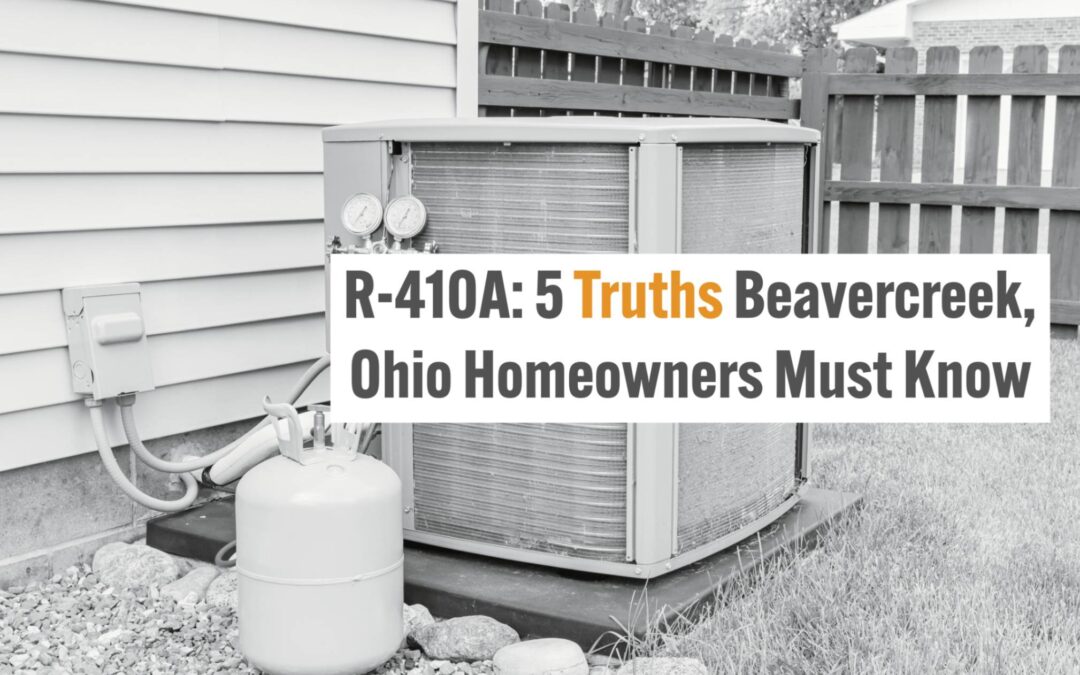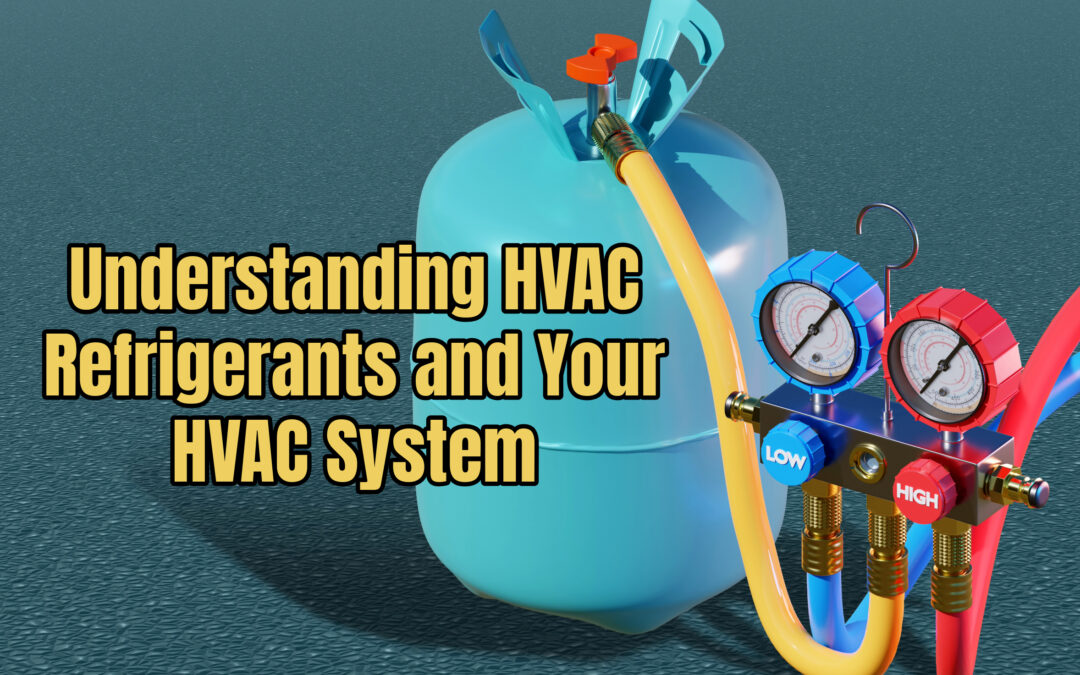Common Reasons Why Your Beavercreek Ohio AC Might Be Leaking
Any time you start typing the words “Why is water leaking…” into a search engine box like Google, one of the first auto-complete suggestions that pop up is usually “Why is water leaking … from my AC?” Why is this so? Because it’s the most commonly searched phrase starting with those words. All too often when problems surface concerning both heating and cooling equipment, homeowners check the World Wide Web. Curious as to what is causing these leaks from their unit, particularly during the summer, many homeowners realize that leaking from an HVAC system is usually avoidable. If you have stumbled onto this post after searching something along the lines of the above, or even “how to stop water leaking from my air conditioner,” you are in the right place.
So please, continue reading.
Troubleshooting a Leaking AC System
Condensation is the typical result of a sound air conditioning system. Because air conditioning revolves around heat and coolants, there’s always going to be condensation. It’s completely normal. For instance, picture a can of cold soda on a hot day. Picture how those cold drops of water bead up on the box. Just like those water droplets, when the refrigerant inside your evaporator coils gets cold, the warm air surrounding it encounters the frigid surface and condenses. Condensation rolls off the evaporator coils and gathers in the drain pan underneath. From there it flows through the drainpipe to the outside. Your AC naturally takes the moisture out of the warm indoor air via condensation. Be advised, however, it can also lead to iced coils and leaking AC systems. Here at your Five Star Heating and Cooling company in Beavercreek, we’ve developed a list of common problems and standard solutions. Problem: A clogged condensate drain line
This condensate drain line must channel condensate from the overflow pan into a drainpipe that releases the liquid outdoors. If this line is clogged, it can cause the overflow pan to flow over. Some see this as the most common reason for AC leaks. Newer AC units can sense when there is a clogged condensate line and ultimately turn itself off; however, older units will overflow with condensate until you discover the issue on your own. If your AC unit has automatically shut down, and you suspect a problem, make sure to call one of our friendly, fast and affordable techs to have a look at it and take appropriate action. Remedy: To prevent this congestion in the condensate drain line, routinely (as in every three to five months) dump a cup vinegar down the line. Bleach works as well, but only in the summertime when there is a continuous flow of condensate. If your condensate drain line is already clogged, get in touch with a professional HVAC service provider to clear the blockage. Above all else, the most cost-effective way to avert congested AC drain lines is by arranging for a yearly AC maintenance before the peak of its usage, which is during its cooling season. An HVAC technician will make sure your drain line and pan are good to go. However, if you have the right materials and know how to do it, you can probably take care of it yourself. A compromised overflow pan Another reason for water gathering around your AC, if you’ve ruled out the clogged line, could be a damaged drain pan. If the drain line is running fine, you could have a fracture in the pan that is responsible for the leaking. So before you open up the access panel – remember safety first — make sure you turn off the power to the AC at the breaker box in your home. Once you are certain it’s off, remove the access panel, and use a light to inspect the drain pan, which is visible underneath the evaporator coils. Inspect your indoor unit for indications of water that is overflowing. If it is, contact your HVAC professional.
Condensation as a result of poor insulation
Moisture builds up in the area of the air vents and ductwork might be the byproduct of poorly insulated ducts. Be sure to check for condensation always. It can lead to leaks when it builds up in the unit. Think back about that ice cold can of soda sitting out on a hot day. When warm air hits these cold ducts, water can gather and wreak havoc on your home’s walls, ceilings and more. On the flip side, if you see damp spots around any of your vents, it could be the case of it not having enough insulation. Poorly insulted vent boots and not enough insulation in the ducts are the number one most common cause for condensation and water around your vents. Remedy: Consult one of our experts, who can recognize and examine any issues within the ductwork or insulation.
Low refrigerant
This one is easier to spot because the evaporator coils will likely freeze when your system has low refrigerant. Once water freezes and thaws, there will be a leak. In this situation, when the ice melts off the coils, the water will cause the drain pan to overflow. You may have a refrigerant leak if your AC is not working efficiently and/or you hear sounds coming from it when it’s in use.
Remedy: We’ve come a long way with YouTube and people who DIY their own home problems, but we urge caution: Never try to fix refrigerant problems on your own. An HVAC technician can check your AC and decide as to whether repairs or maintenance are needed. Never forget: Because refrigerant works in A closed, pressurized loop, it’s only low on refrigerant when you have a leak.
Your HVAC technician must repair the leak before putting more refrigerant in. Old and dirty air filters lead to frozen evaporator coils and limited airflow. For the evaporator coils to work, there must be adequate airflow over these coils to absorb the heat from the air. If not, condensate will accrue on the coils and freeze. After the frozen condensate turns back to liquid, it is then you may see the leaking. There is a clean air filter, but you still have frozen evaporator coils. At this point, you may have blocked air vents/registers, a broken blower, or undercharged refrigerant. Any time you notice an AC unit has frozen, shut it off immediately and leave it off until the cause of the problem has been fixed. Make sure to learn why your outdoor heat pump unit may freeze over. Remedy: Have your air filter replaced regularly. We advise you to check the status of your filters once a month because it will need to be switched out with a new one every 30 to 90 days. Never wait more than three months.
Beavercreek Heating & Cooling is your trusted FIVE STAR HVAC company. For more information on taking care of your HVAC system this season, or to set up an inspection before the dog days of summer hits, call (937) 708-8527 or use our convenient online scheduling request page.







